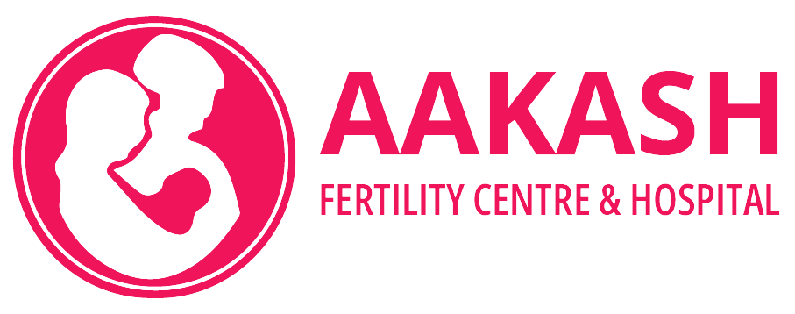Could A Cyst Stop Me from Having a Baby?
Approximately 7% of women encounter ovarian cysts at some stage, making questions about their connection to infertility a common concern. Certain ovarian cysts may impact fertility due to their influence on hormonal balance and the ovulation cycle. The impact of a cyst on fertility depends on various factors, such as the type of cyst, its size, location, and whether it causes any complications. Not all cysts will necessarily affect fertility, but some can potentially have an impact. It’s essential to consult with a top gynecologist or reproductive endocrinologist, Dr.Niveditha Kamaraj and Dr. Jeyarani Kamaraj at Aakash IVF hospital, Chennai, for personalized advice based on your specific situation.
What are Ovarian Cyst?
Ovarian cysts are fluid-filled sacs that form within the ovaries and can range in size from as small as a pea to as large as a cantaloupe. These cysts may develop individually or in groups. While the majority of ovarian cysts are noncancerous (benign), there is a possibility of some being malignant (cancerous) ovarian cysts.
What are the types of ovarian cyst?
Ovarian cysts come in various types, with some being more prevalent than others. Let’s explore the different varieties and the causes behind ovarian cyst formation.
Functional Cysts:
- Functional ovarian cysts, forming monthly as part of the follicle growth process, are a regular aspect of the menstrual cycle. Typically harmless, they do not generally impact fertility. There are two subtypes:
- Follicular Cysts: The most common type, arising when the ovarian follicle fails to release its egg, leading to the development of a larger follicular cyst. Most resolve on their own, but in rare cases, surgical intervention may be necessary.
- Corpus Luteum Cysts: Formed after ovulation, these cysts result from the persistence of the empty sac (corpus luteum). While they usually disappear within a few months, they can grow larger, causing pelvic pain and bleeding.
Non-functional Cysts:
- Cysts falling outside the functional category are considered abnormal and may have implications for fertility.
- Hemorrhagic Cysts: Develop during ovulation when an ovarian follicle releases an egg, filling with blood and forming a cyst. Often asymptomatic, these cysts usually resolve on their own.
- Endometriomas: Associated with endometriosis, a condition where uterine tissue grows outside the uterus. These cysts, linked to low progesterone levels, may be associated with fertility issues.
Polycystic Ovary Syndrome (PCOS):
- PCOS is a medical condition characterized by the development of small cysts on the ovaries, leading to irregular periods. It can hinder pregnancy by affecting the release of eggs. PCOS is associated with elevated levels of male hormones (androgens), such as testosterone.
Can the presence of ovarian cysts affect pregnancy?
Certain ovarian cysts are linked to hormonal imbalances that can impact fertility. For example, endometriomas and polycystic ovary syndrome (PCOS) can hinder pregnancy. Additionally, the size, number, and location of cysts may lead to complications, including rupture, which can cause internal bleeding, scarring, and damage to the ovaries, potentially disrupting ovulation and implantation. Ovarian cysts may also block fallopian tubes, impeding the journey of sperm to the egg. In some instances, cysts produce hormones that interfere with the ovulation process.
What are the treatment options for Ovarian cysts?
Upon discovering an ovarian cyst, the initial approach involves routine monitoring to assess its natural disintegration or growth. In some cases, doctors may prescribe birth control pills to prevent further cyst formation, although they cannot shrink existing cysts. If a cyst becomes too large, causing pain or posing a risk of rupture, surgical removal may be necessary. The surgery can be laparoscopic for smaller cysts or involve a larger abdominal incision (laparotomy) for larger or potentially cancerous cysts. In rare instances, removal of the affected ovary may be required. While it’s not possible to prevent ovarian cysts, regular pelvic exams aid in early detection. Any changes in menstrual cycles or persistent unusual symptoms should be promptly reported to a qualified healthcare professional. Seek checkups and testing from top doctors in Chennai Dr. Niveditha Kamaraj and Dr. Jeyarani Kamaraj at Aakash IVF hospital, who are highly knowledgeable about ovarian cysts and dedicated to assisting you in overcoming any obstacles for a healthy pregnancy.
– Aakash Fertility Centre & Hospital
Book Appointment : +917871233333

